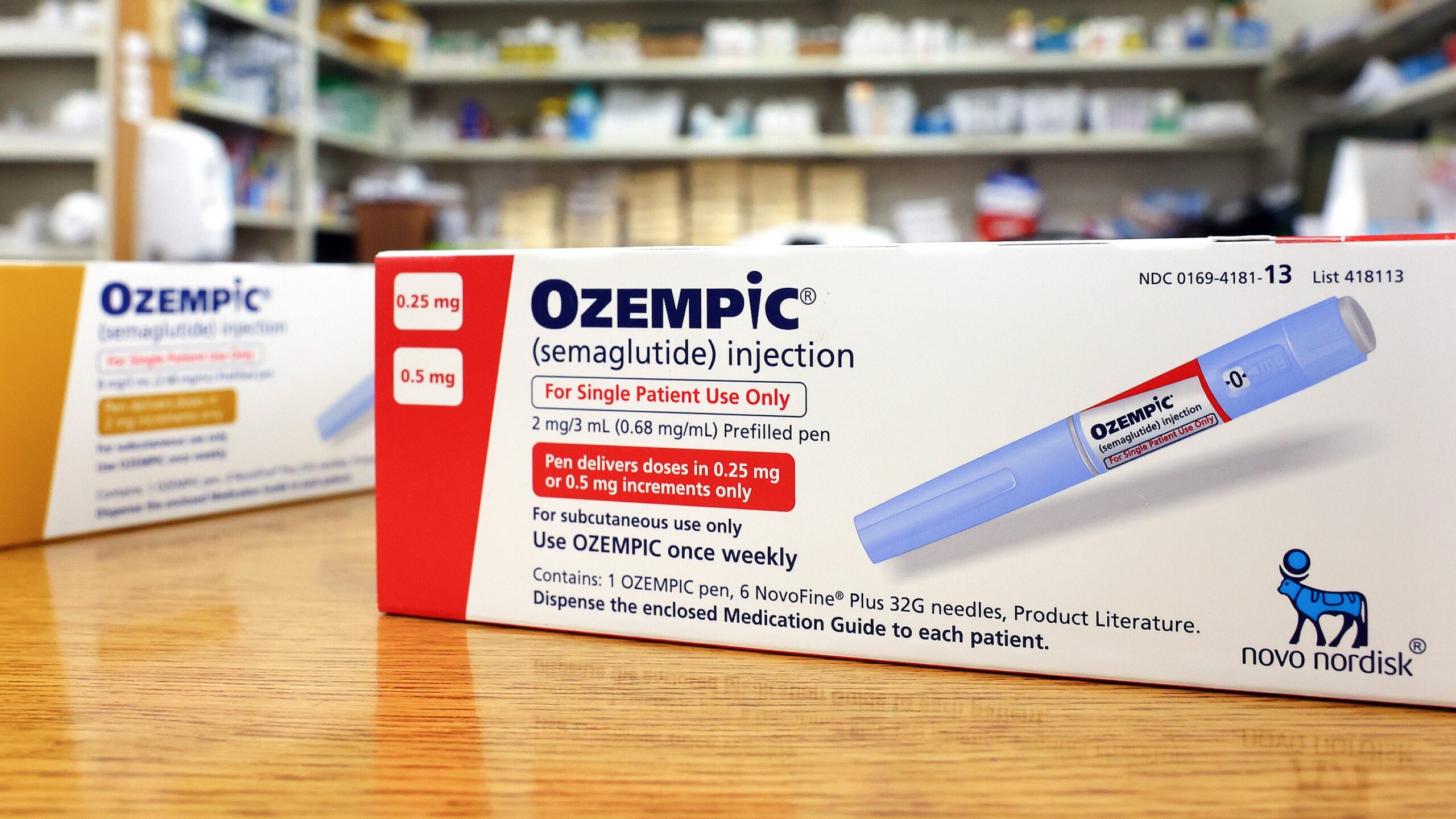
Unless you have been completely off the grid recently, chances are you have heard of Novo Nordisk’s Ozempic and Wegovy. Let’s not forget Eli Lilly’s Mounjaro and Zepbound. These semaglutides were first developed for people with Type 2 diabetes but have evolved into weight loss treatments as well.
Because of their success, 27 other GLP-1 drugs are in development. Some of these claim to have fewer side effects and greater benefits. New hormones are also being studied to help things out. Research on these drugs will be presented at the 2024 American Diabetes Association conference in Orlando, Florida.
Dr. Marlon Pragnell serves as the ADA’s vice president of research and science. He can’t wait to see the data on the new drugs. "We’ve heard about Ozempic and Mounjaro and so on, but now we’re seeing lots and lots of different drug candidates in the pipeline, from very early-stage preclinical all the way through late-stage clinical," he explained. "It’s very exciting to see so much right now."
Some of these new drugs are still years away from approval by the US Food and Drug Administration. But some that are being developed could be available to patients in the next couple of years. The success of Ozempic has paved the way for these new drugs' development.
More from LittleThings: Ozempic May Have Another Surprising Off-Label Use And Birth Control May Be Ineffective
Dr. Christopher McGowan works as a gastroenterologist in Cary, North Carolina. He believes there is a need for these new drugs that promise fewer side effects. More drugs available will also lower the cost for his patients.
"We’ve witnessed an unprecedented acceleration in the development of GLP drugs," he mused. "We are now firmly entrenched in the era of the GLP."
Beyond GLP-1 drugs, a new option utilizes the hormone amylin by mimicking its function. Petrelintide was developed by Denmark-based biotech firm Zealand Pharma. It found that when the drug was injected weekly, patients lost 8.6% of body weight at 16 weeks.
Another hormone that is being studied is glucagon. It helps regulate blood sugar and mimics the effects of exercise. Pemvidutide, a new drug being developed by the biotech firm Altimmune, uses both the GLP-1 hormone and glucagon. It has shown promising results so far. In trials, patients who received the highest dose lost on average 15.6% of their body weight in 48 weeks. It has also been proven to help maintain muscle and improve liver function.
Time will tell which of these new drugs are the most effective. Weight loss drugs are having a moment. This will benefit patients by lowering the cost and giving them options. Not every drug works for every patient, and having choices means you can work with your doctor to find the one that works best for you.




